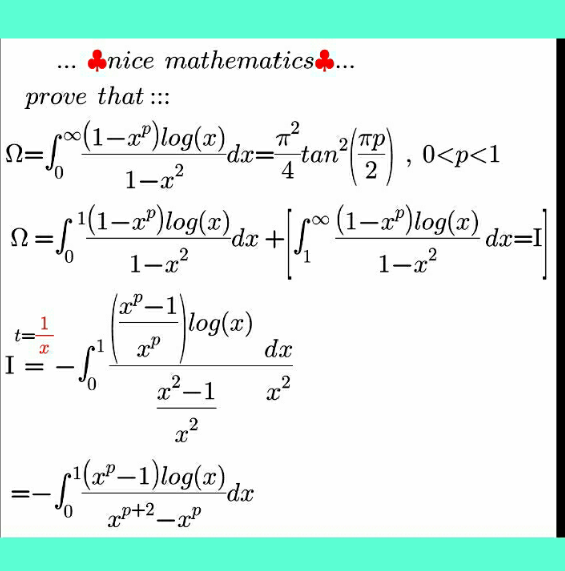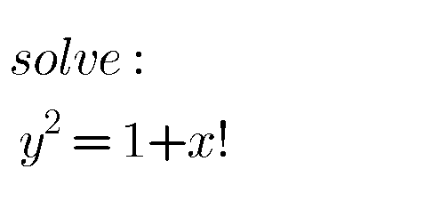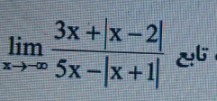
AllQuestion and Answers: Page 1046
Question Number 115541 Answers: 3 Comments: 0
Question Number 115539 Answers: 1 Comments: 0
Question Number 115534 Answers: 4 Comments: 1
Question Number 115533 Answers: 0 Comments: 0

Question Number 115531 Answers: 0 Comments: 0

Question Number 115532 Answers: 0 Comments: 0

Question Number 115520 Answers: 1 Comments: 0
Question Number 115516 Answers: 1 Comments: 1
Question Number 115508 Answers: 2 Comments: 0
Question Number 115507 Answers: 2 Comments: 0
Question Number 115499 Answers: 0 Comments: 0
Question Number 115498 Answers: 5 Comments: 2
Question Number 115487 Answers: 0 Comments: 3

Question Number 115484 Answers: 1 Comments: 3
Question Number 115472 Answers: 1 Comments: 1

Question Number 115489 Answers: 1 Comments: 0
Question Number 115459 Answers: 3 Comments: 0
Question Number 115455 Answers: 1 Comments: 1
Question Number 115449 Answers: 2 Comments: 0
Question Number 115439 Answers: 0 Comments: 1

Question Number 115438 Answers: 2 Comments: 0

Question Number 115436 Answers: 1 Comments: 0
Question Number 115429 Answers: 0 Comments: 9
Question Number 115418 Answers: 3 Comments: 1

Question Number 115417 Answers: 2 Comments: 0
Question Number 115464 Answers: 5 Comments: 0
Pg 1041 Pg 1042 Pg 1043 Pg 1044 Pg 1045 Pg 1046 Pg 1047 Pg 1048 Pg 1049 Pg 1050
